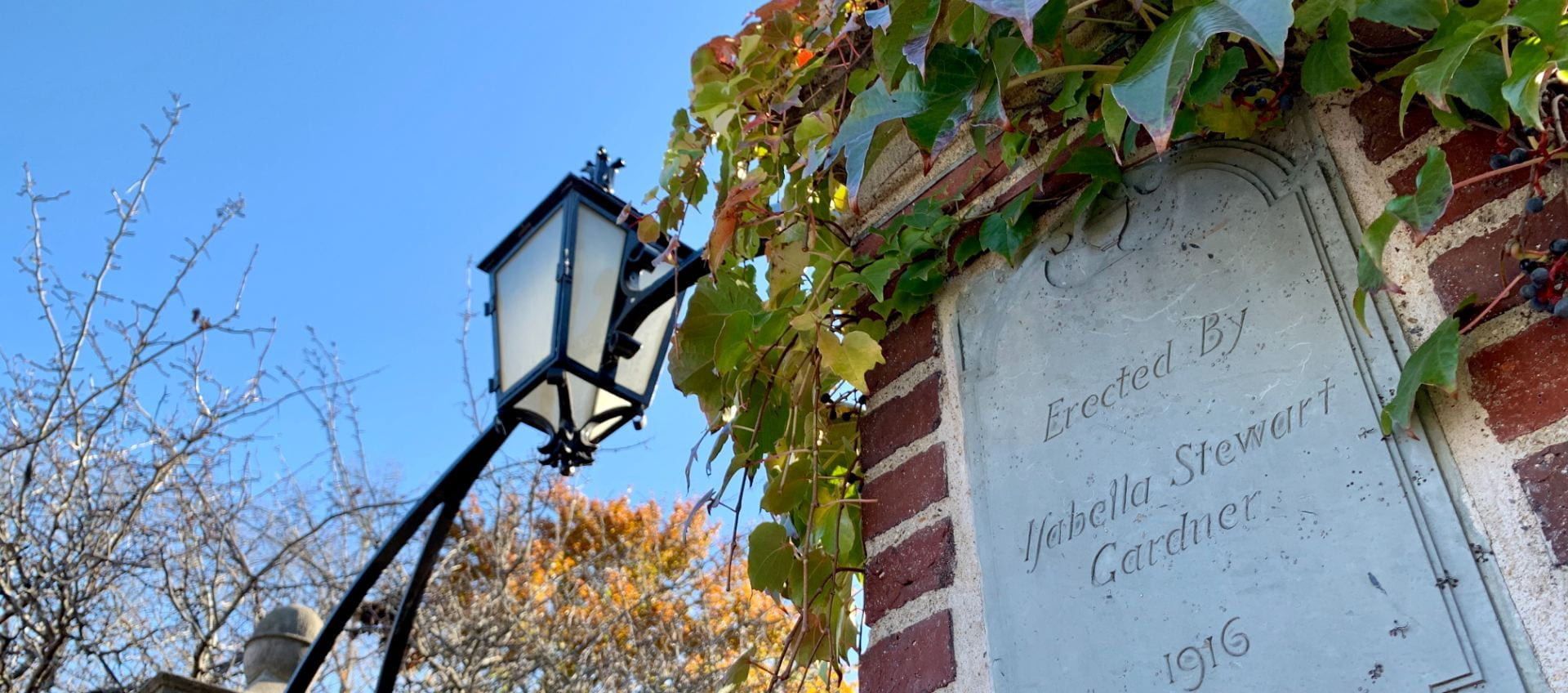The FAS is offering access to OpenAI ChatGPT Edu as a pilot program for the 2024–2025 academic year.
FAQs
Access and functionality
How can I gain access to OpenAI ChatGPT Edu through Harvard?
FAS and SEAS faculty and staff, College students, GSAS PhD students, and most GSAS masters students may request access to an OpenAI ChatGPT Edu account
by filling out this form.
What access limits are imposed? What other limitations are there?
ChatGPT Edu currently has the following limitations: 80 messages every 3 hours on GPT-4o and up to 40 messages every 3 hours on GPT-4, unlimited GPT 3.5. The context limit is 32k. Advanced Voice Mode (more natural, real-time conversations that pick up on and respond with emotion and non-verbal cues) isn’t available, but basic speech functionality is.
The macOS app requires macOS14 and Apple Silicon (M1 or better); the Windows version will be released later this year.
Can I migrate past chats from my personal account into this space?
If you already have a ChatGPT account using your HarvardKey email address that you are paying for individually, it will be migrated into Harvard’s ChatGPT Edu workspace when you accept the invitation to create an account. You will be given a one-time opportunity to migrate your chat history and GPTs.
How is this different from the Harvard AI Sandbox?
The AI Sandbox offers a wide array of current large language models (LLM), including Claude, Gemini, and Llama in addition to GPT-4o. It is able to work with images as well as text, but does not support the creation of custom GPTs, which are available only via the OpenAI ChatGPT Edu license.
Security and confidentiality
Can I upload confidential information?
The Harvard version of ChatGPT Edu is approved for use with up to level 3 (medium-risk) confidential data (see examples of confidential administrative and research data).
Will my exchanges be used by Open AI for subsequent training? What privacy protections are there?
No data or conversations are used to train OpenAI models. All data is encrypted at rest and in transit.
Can Harvard view my interactions with ChatGPT Edu?
As with all electronic resources provided by Harvard (Zoom, Outlook, etc.) the Policy on Access to Electronic Information applies to ChatGPT.
Instructional uses
I am an instructor. What are some ways that I might use GPT-4o to support teaching and learning?
The Bok Center’s web pages on generative AI provide information for instructors about ways to leverage GPT-4o to enhance teaching and learning. For example, instructors can use GPT-4o to help students deepen their conceptual understanding of course material; analyze a dataset or an image; and practice a language or learn vocabulary. Additionally, generative AI can streamline and enhance in-class activities, including by interpreting students’ responses to open-ended polling questions and generating additional perspectives or counter arguments for case teaching.
I am a student. Can I use GPT-4o to complete my coursework?
It is your responsibility to know and comply with the individual policies set by your instructors for the use of AI, which may differ from course to course or even from assignment to assignment within a course. If in doubt, consult the course syllabus or speak with your instructor.
As a student, your choice to use ChatGPT Edu and other generative AI tools comes with the responsibility to understand and act in accordance with the academic standards of our community. College students should refer to the Harvard College Honor Code, and can find additional information and student resources on using sources responsibly on the Honor at Harvard College website. GSAS students should be sure to read Harvard Griffin GSAS’s Academic Integrity policy, including the reference to the use of Use of Generative AI.
What materials can I upload to a custom GPT?
Uploading written materials to a Custom GPT implicates the copyrights in those materials. You may upload:
- any materials in which you or Harvard own the copyrights;
- materials you have gotten express permission from the copyright holder to use for this purpose;
- materials available under a license that permits the use, such as certain Creative Commons licenses; and
- materials in the public domain.
Using other works carries the risk of a copyright infringement claim unless a legal exception, like fair use, applies.
Each situation is unique. For questions about specific situations, you may wish to consult fair use guidance from OGC or Harvard Library.
